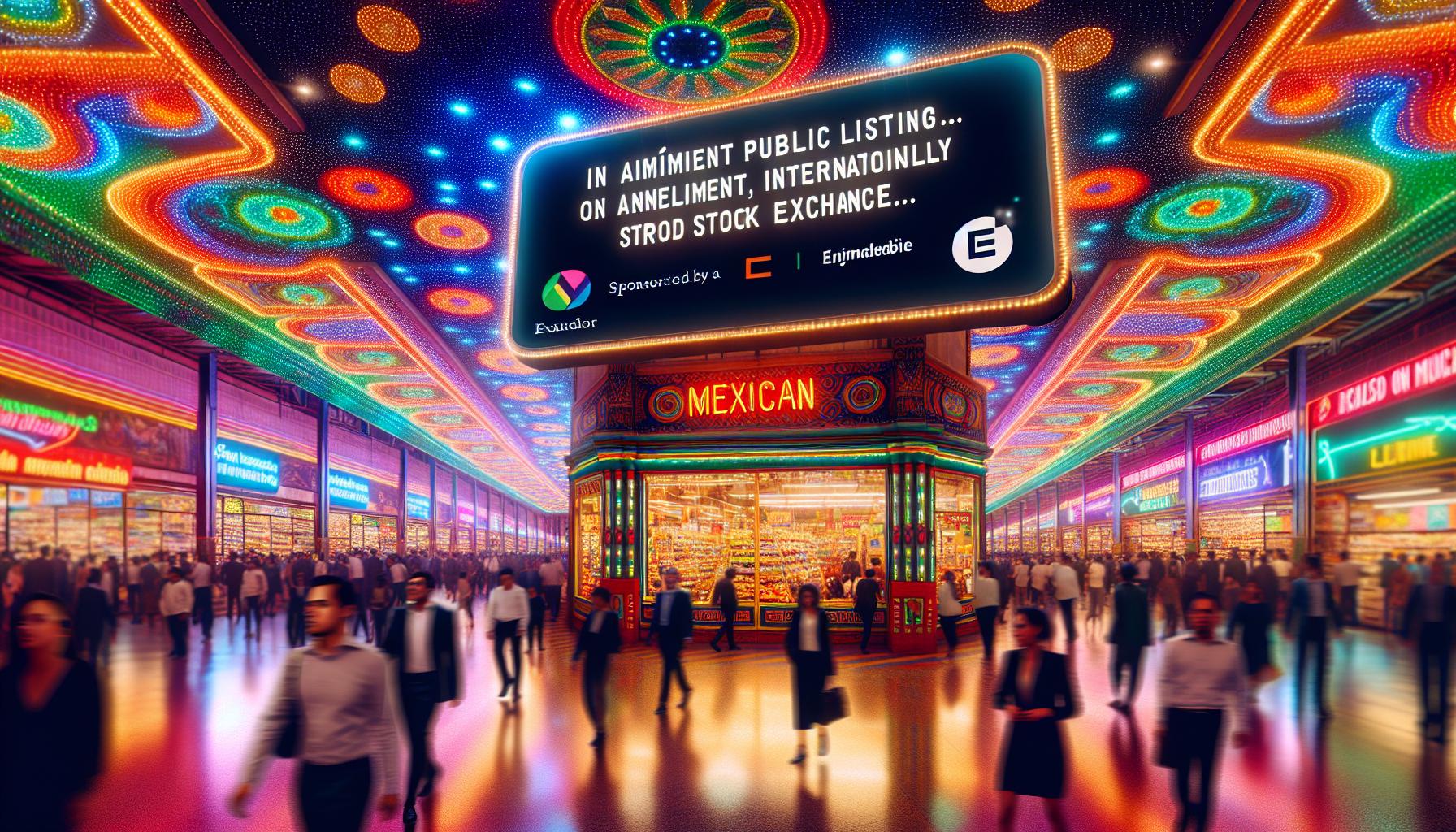$100,000 H-1B Visa Fee: A Stark Challenge for U.S. Startups
The U.S. administration’s proposal to impose a $100,000 fee on H-1B visa applications threatens to significantly disrupt the American startup ecosystem. This fee, aimed at foreign skilled workers in fields such as technology, healthcare, and engineering, comes at a time when startups already face stiff competition for limited visa quotas. Desmond Lim, CEO and co-founder of Workstream, a startup specializing in HR and payroll technology, described the recent H-1B application rejections as “very disappointing.” Lim highlighted the critical role that foreign engineering talent has played in his company’s growth, noting that each hire under the H-1B program was carefully selected due to the time and cost involved. The proposed fee increase will likely deter early-stage startups from pursuing H-1B hires, complicating their recruitment efforts just as they seek to scale.
Rising Anxiety Among Startups and Workers
The announcement has triggered a surge in concern among startups and foreign workers reliant on H-1B visas. San Francisco-based legal tech startup Alma reported a 100-fold increase in client inquiries following the White House’s declaration.
Aizada Marat, Alma’s CEO, stated, “Clients are scared and anxious because their company sizes suggest they cannot afford the $100,000 fee and compete on salary.”
Marat emphasized the strategic importance of international talent for startups, questioning whether domestic labor markets can meet the demand if foreign workers become inaccessible. She advises companies to await further clarification before making drastic changes to hiring strategies.
Startups Bear the Brunt of the Fee Increase
Industry experts and venture capitalists agree that early-stage startups will be disproportionately affected by the new visa fees. Alexandre Lazarow, managing partner at Fluent Ventures, highlighted that startups lack the financial resilience of established companies to absorb such high costs. Startups frequently depend on importing skilled workers to scale rapidly, as local talent pools often fall short of their needs. Rather than outsourcing remotely, many prefer in-house foreign experts to maintain competitive advantages. Robert D. Atkinson, president of the Information Technology and Innovation Foundation, underscored the outsized impact a handful of international employees can have on a startup’s trajectory, including establishing crucial overseas networks.
Potential Decline in Venture Capital and Innovation
Critics of the H-1B program often argue it limits domestic employment opportunities, but the proposed fee could unintentionally stifle entrepreneurship and venture capital investment. Research indicates startups employing H-1B workers are more likely to secure funding, go public, or achieve acquisition, alongside driving innovation. Manish Singh, CIO at Crossbridge Capital, warned that increased costs and uncertainty could diminish investor appetite for U.S. startups reliant on foreign talent. Singh also suggested this policy shift might redirect capital flows and talent migration towards markets like the U.K., Canada, and Europe, potentially weakening the U.S. startup ecosystem.
A Turning Point for Global Talent Migration
Historically, the U.S. has benefited from a “brain drain” phenomenon, attracting highly skilled workers from around the world to fuel its innovation economy. However, growing immigration uncertainties, including the H-1B fee hike, may reverse this trend. Laura Willming, head of people and talent at Octopus Ventures, noted that talented professionals are reconsidering the U.S. as their destination, increasingly viewing Europe and the U.K. as viable alternatives for career development. This shift could have long-term consequences for U.S. competitiveness in technology and innovation sectors.
FinOracleAI — Market View
The proposed $100,000 H-1B visa application fee represents a significant regulatory shift with broad implications for the U.S. startup ecosystem. While aimed at reforming immigration policy, it risks undermining America’s ability to attract and retain top international talent, a cornerstone of its innovation advantage.
- Opportunities: Potential boost to domestic workforce development if accompanied by complementary training programs; increased focus on remote global teams.
- Risks: Reduced startup competitiveness due to talent shortages; decreased venture capital investment; migration of talent and capital to more welcoming international markets; potential erosion of U.S. innovation leadership.
Impact: The $100,000 H-1B visa fee is likely to have a negative market impact by constraining startup growth, dampening investment, and accelerating the outflow of global talent from the U.S., ultimately challenging the country’s position as a leader in technology and innovation.













